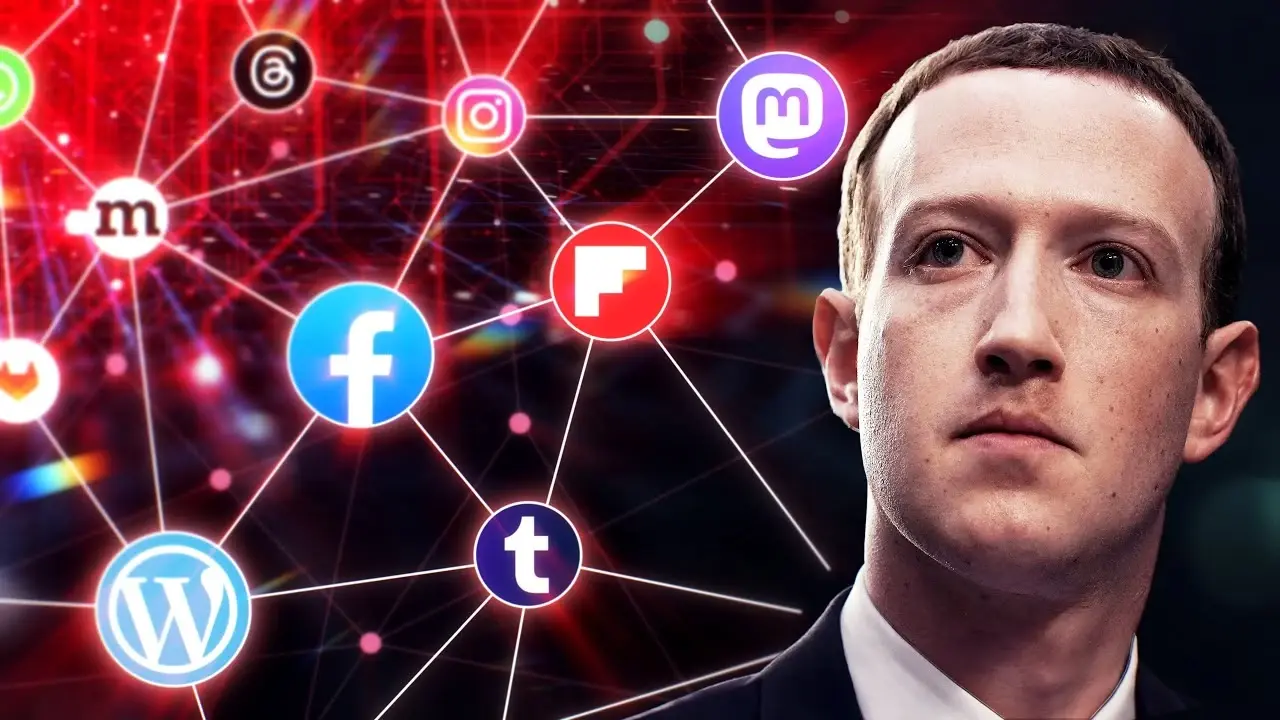- 111 Posts
- 81 Comments

 2·25 days ago
2·25 days agoif your coworker shared smt or you see smt online that made you chuckle, it’s good enough to repost it on lemmy. Dont’ overthink it


 8·26 days ago
8·26 days agoTouche, I get your point, indeed there’s a lot of tech supporty posts however narrowing the community is only good when it has enough content
How about we wait out on fragmentation for flagship community of the instance until it starts to get at least 5 posts/day (30 posts/week)?
For lurkers hoarding high quality content for this community, this is your sign to press the button “New post”

 27·26 days ago
27·26 days agoThe number of times I got asked if import/export can be used instead of sync

 7·1 month ago
7·1 month agoI’d love to support SD tuning but there’s no hall sensor sticks and it’s more expensive than Vader 3 pro… I don’t get where’s the value here

 15·1 month ago
15·1 month agoForbidden loofah

 7·1 month ago
7·1 month agoLove the label
SMART SOLUTION

 32·1 month ago
32·1 month agoAnd when it doesn’t work, they ram it HARDER
and then people wonder how porn stereotypes can be harmful

 35·1 month ago
35·1 month agoalt text is added, cheers

 801·1 month ago
801·1 month agoa tech illiterate old friend of mine in his 60s got tasked with changing his simcard for new one. But the network just didn’t appear. Long story short after 3 hrs of headbashing I asked him to send me the photo of simcard itself
that was a valuable afternoon for my humility

alt text: nano-simcard rotated 90 degrees forcefully inserted into standard size simcard frame which is missing micro size simcard frame
note the right side of simcard frame bulging out
for confused in terminology


 27·1 month ago
27·1 month agoI enjoyed this vid and as a contribution I’ll spare y’all loading 20 MB of youtube JS
imgur embed

 14·2 months ago
14·2 months agocontraception


 121·2 months ago
121·2 months agoThe service is not ready yet. Login is simply a way to sign up for the waitlist. Auth through social media tries to cut down bots and even if you login it has read only access to your email address and nothing else.
Also it’s a single dev who spent few years making it work on nvidia. At this point in time it’s too early to be dismissive about projects roadmap.

 1·2 months ago
1·2 months agoI’ll just leave here the response from obsidian. If you can extract truthful reason from this corp double speak, please share
Replied above in the root of post replies
Replied above in the root of post replies
Okay, sorry folks that it looks like a bait to beg the question “what you’ve done?”. But the personal subject is private here.
the cat’s expression meant to show gleeful private happiness over some naughty stuff one might have done and got away with
It might be – the image is not oc I just used it as a template ie posted a link to it and added my caption

 22·3 months ago
22·3 months agoPure gold! Imagine how difficult it was to make hundred people to stand still holding a train-like weight over their heads to capture it on prehistoric camera 😅

 17·3 months ago
17·3 months agojoke explanation
it’s a response to colleagues putting skill of nocode / zerocode platforms in their CV and demanding onpar compensation
“subzero” here plays a double duty bc it’s a cool character and also bc code, you wrote but was never used, should be counted as negative work i.e. subzero code













I wonder if there’s other side of the story. News piece looks to be quite sided fearmongering